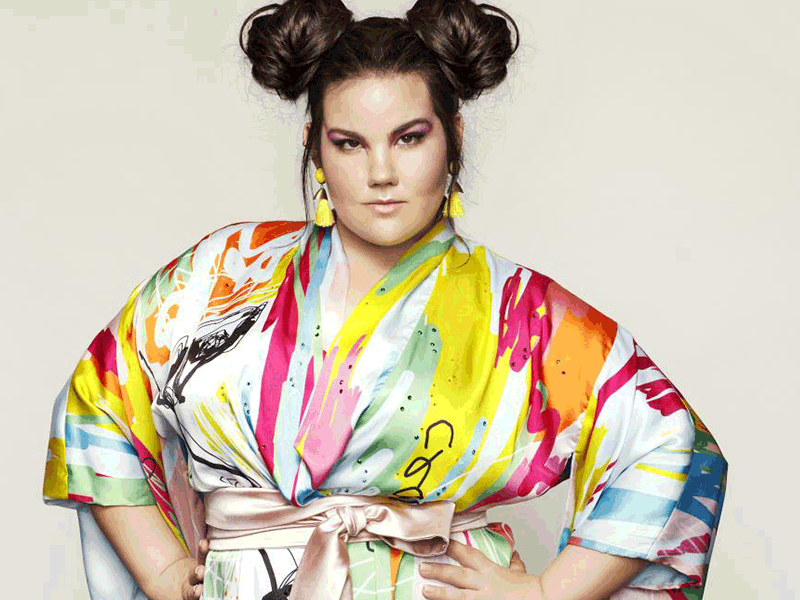Life for an insecure overweight boy growing up on a kibbutz in the early days of the State of Israel was, to say the least, a challenging experience, rife with crises of identity and belonging.
Kibbutz society elevated the ideals of machismo, good looks and fitness through physical strength and excellence in sport. Even in the wider Israeli society of the time, idealized physical good looks were part of the culture and a Zionist ethos. Carrying excess weight was considered a moral failing.
To this day I can remember the rhyme we would bellow at Yossi (not his real name) till our throats were raw: “Fat Yossi has a baby in his belly!”
I met Yossi again a couple of decades later, when we were in our 30s. It was a bizarre experience. Even after spending more than half of our lives in the same proximity, at first, I did not recognize him. He was no longer Fat Yossi. Before me stood Slim Yossi. Half a Yossi. As an adult, he had accepted his sexual identity, and that self-acceptance allowed him to shed the extra layers protecting his body and soul.
Led by the Israeli American Council (IAC), the revolution of identity has been taking place in recent years among Israelis who live in the U.S. That identity over the years has undergone a number of changes, morphing from the late 1970s when the late Yitzhak Rabin termed them “sissies,” to a sense of “it’s no shame, but it’s no great honour either,” and on to the present-day straightforward and clear declaration: “We are Israeli Americans who love, support, and fight for Israel, identify with Israeli values and culture, hope our children will know Hebrew and will remain connected to Israel, yet at the same time we live permanently in America and also identify as proud Americans.”
The annual IAC conference in Florida in early December also featured another identity revolution. Identity of the body. This revolution is symbolized by Netta Barzilai, the winner of the 2018 Eurovision contest. During the conference I watched with interest and admiration as Netta strolled gracefully between receptions and conference presentations, sharing insights, waving appreciatively to her fans. She won the admiration of the conference attendees, young and old alike, and was showered with warmth and love.
Netta is a symbol of this revolution of identity. A counterweight to the world of fashion, which presents the ideal body as obsessively athletic or thin, even emaciated, despite excess thinness being a catalyst for depression, anorexia, and a host of other health ailments and social issues. In the 21st century, one can be accepted and idealized as both full-figured and attractive.
Netta, together with international icons such as Oprah Winfrey, Adele, and James Corden, has done for plus-size people what Harry Potter did for glasses: made them “cool.”
Like the Israeli-Americans’ revolution of identity, the revolution of identity that Netta symbolizes has caused a ripple effect. Netta, apparently without planning or intending to, has become a hero of Israel. Over and above her talent as Israel’s Eurovision winner, Netta has achieved so much more: thanks to her, girls and boys, teenagers, and adults, feel better about what nature has given them. Feel better with themselves. Thank you, Netta!
